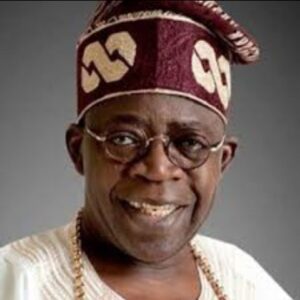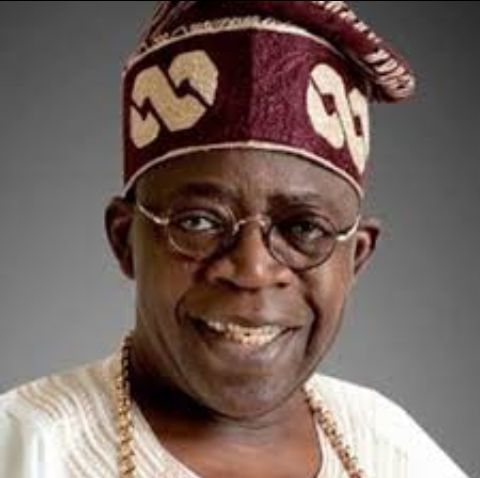As the possibility of Bola Ahmed Tinubu assuming the role of the next President of Nigeria draws closer, there has been an abundance of speculation and conjecture regarding the potential impact on the Nigerian economy. Tinubu, a former Lagos State Governor and the current leader of the All Progressives Congress (APC), has garnered widespread recognition for his astute political maneuvering and notable interest in driving economic development within the country.

Should Tinubu secure the presidency, it is widely expected that his administration will prioritize the implementation of policies aimed at bolstering economic growth and fostering overall development.
This could involve a multifaceted approach encompassing comprehensive reforms designed to attract and promote foreign investment, stimulate infrastructural advancements, and cultivate an enhanced business climate that encourages both domestic and international entrepreneurship.
Tinubu’s inclination towards fiscal conservatism suggests that he would place significant importance on maintaining fiscal discipline, potentially leading to the implementation of measures aimed at addressing Nigeria’s high levels of debt and curbing excessive government spending.
Furthermore, as Nigeria grapples with the imperative need for economic diversification, Tinubu’s tenure as President would likely witness a heightened focus on job creation, particularly within the non-oil sector. Recognizing the intrinsic value of diversifying the economy beyond its heavy reliance on oil revenues, his administration would likely prioritize the promotion and support of small and medium-sized enterprises (SMEs), as well as the development and nurturing of key industries such as agriculture and manufacturing. By providing an enabling environment and offering targeted incentives, Tinubu’s government could potentially pave the way for sustained economic expansion, reduced dependence on oil, and increased employment opportunities for Nigerians.
However, amidst the anticipation surrounding Tinubu’s potential presidency, concerns have been raised regarding the potential for increased political instability. Critics have accused Tinubu of exhibiting autocratic tendencies and a penchant for controlling political dynamics, thereby raising apprehensions about the consolidation of power within the presidency and its potential consequences for Nigeria’s democratic institutions.
A concentration of power in the hands of the executive branch could undermine the checks and balances necessary for a vibrant democracy and potentially erode the progress made in terms of governance and accountability.
In conclusion, while the prospect of a Tinubu presidency presents both potential benefits and risks, it is evident that economic development would remain a primary focus. The envisioned policies and strategies outlined by Tinubu, if effectively implemented, have the potential to drive substantial advancements in the Nigerian economy.
However, the translation of these aspirations into concrete policy initiatives and tangible improvements will ultimately determine the true impact of Tinubu’s presidency on Nigeria’s economic landscape. As the nation looks ahead to the future, the path to progress and stability remains yet to be fully unveiled, Entrepreneurng.com











